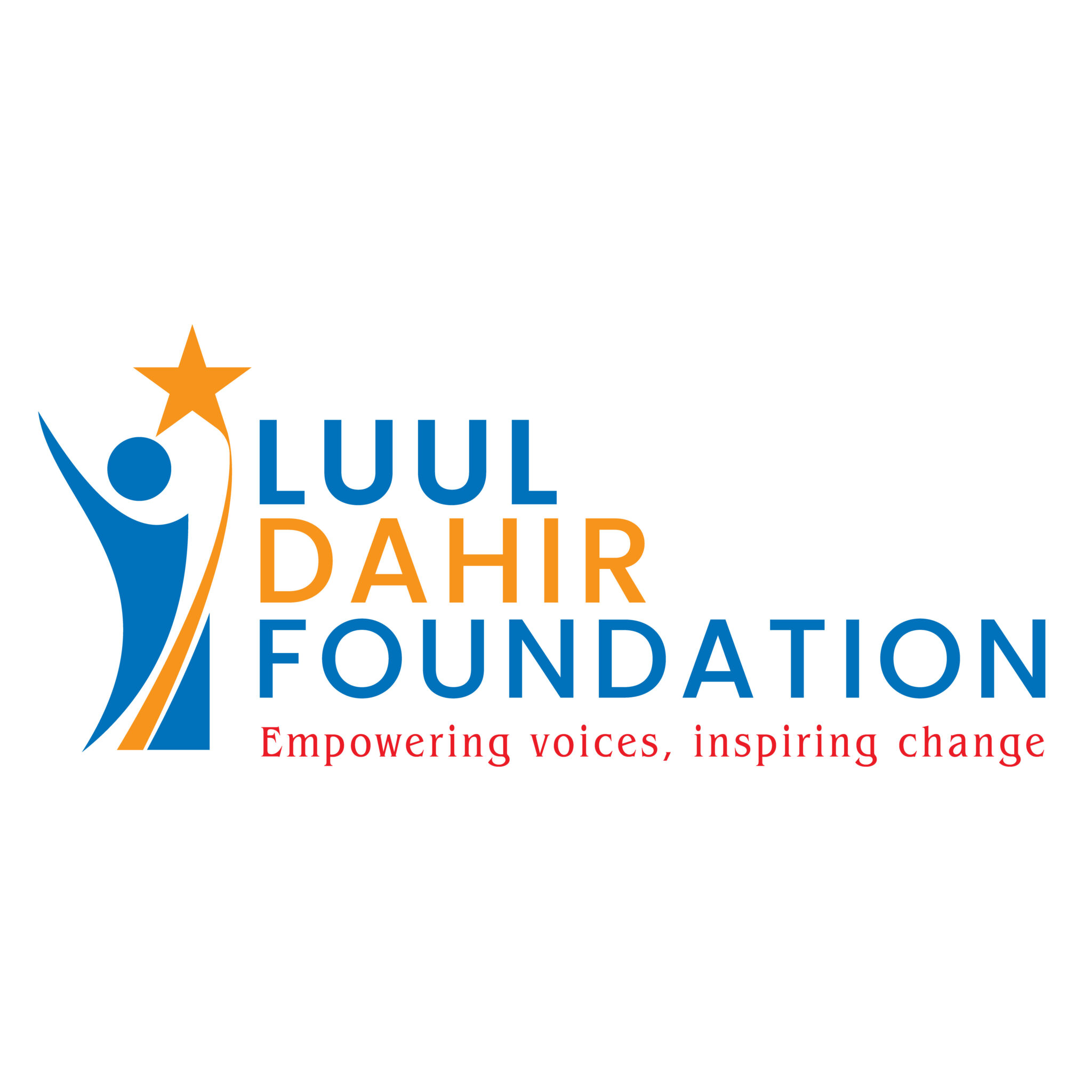Data collection and Research
Research forms the foundation of effective programs. By analyzing community-specific challenges and opportunities, organizations like the Luul Dahir Foundation design targeted and impactful interventions. This involves gathering both qualitative and quantitative data through surveys, interviews, focus groups, and participatory assessments.
- Why It’s Important: Research ensures that initiatives address the root causes of problems rather than superficial symptoms. For example, understanding why youth unemployment persists might reveal barriers like limited vocational training or systemic discrimination.
- Methods Used: Engaging experts, academic partners, and community members enriches data quality. Combining global best practices with local insights creates a balance between innovation and cultural sensitivity.
- Impact: With comprehensive research, programs can be fine-tuned for maximum efficiency, increasing the likelihood of achieving sustainable outcomes. Moreover, transparent research builds trust with stakeholders and funders, enhancing accountability.

